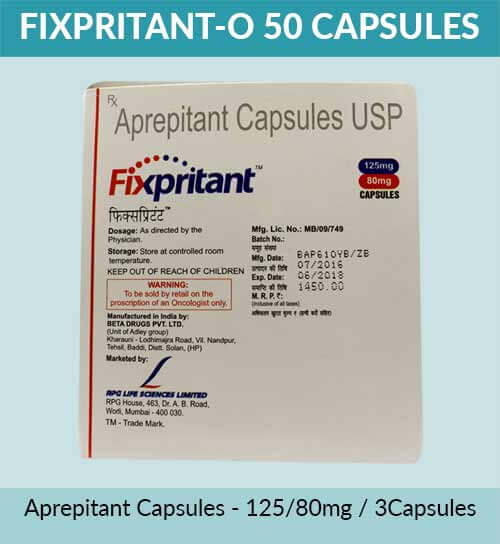Aprepitant
Aprepitant is a medication used to prevent nausea and vomiting caused by chemotherapy or certain surgical procedures. It belongs to a class of drugs called neurokinin-1 (NK-1) receptor antagonists.
Aprepitant works by blocking the activity of substance P, a neurotransmitter involved in the signaling of nausea and vomiting in the brain. By inhibiting substance P, aprepitant helps to prevent or reduce the severity of these symptoms.
The medication is typically taken orally in capsule form and is often prescribed as part of a combination therapy that includes other antiemetic drugs. It is usually started before the administration of chemotherapy or surgery and continued for a few days afterwards.
Common side effects of aprepitant may include fatigue, constipation, diarrhea, and headache. It is important to follow the prescribed dosage and schedule to maximize its effectiveness in preventing nausea and vomiting.
Aprepitant should be used under the guidance and prescription of a healthcare professional. It may interact with certain medications, so it is important to inform the healthcare provider about all medications being taken, including over-the-counter drugs and supplements.
In summary, aprepitant is a medication used to prevent nausea and vomiting associated with chemotherapy or certain surgeries. It works by blocking substance P in the brain. Adherence to the prescribed regimen and communication with the healthcare provider are important for successful management of these symptoms.
Note – The brand names and product descriptions used on this site are for informational purposes only and are the property of their respective owners.



